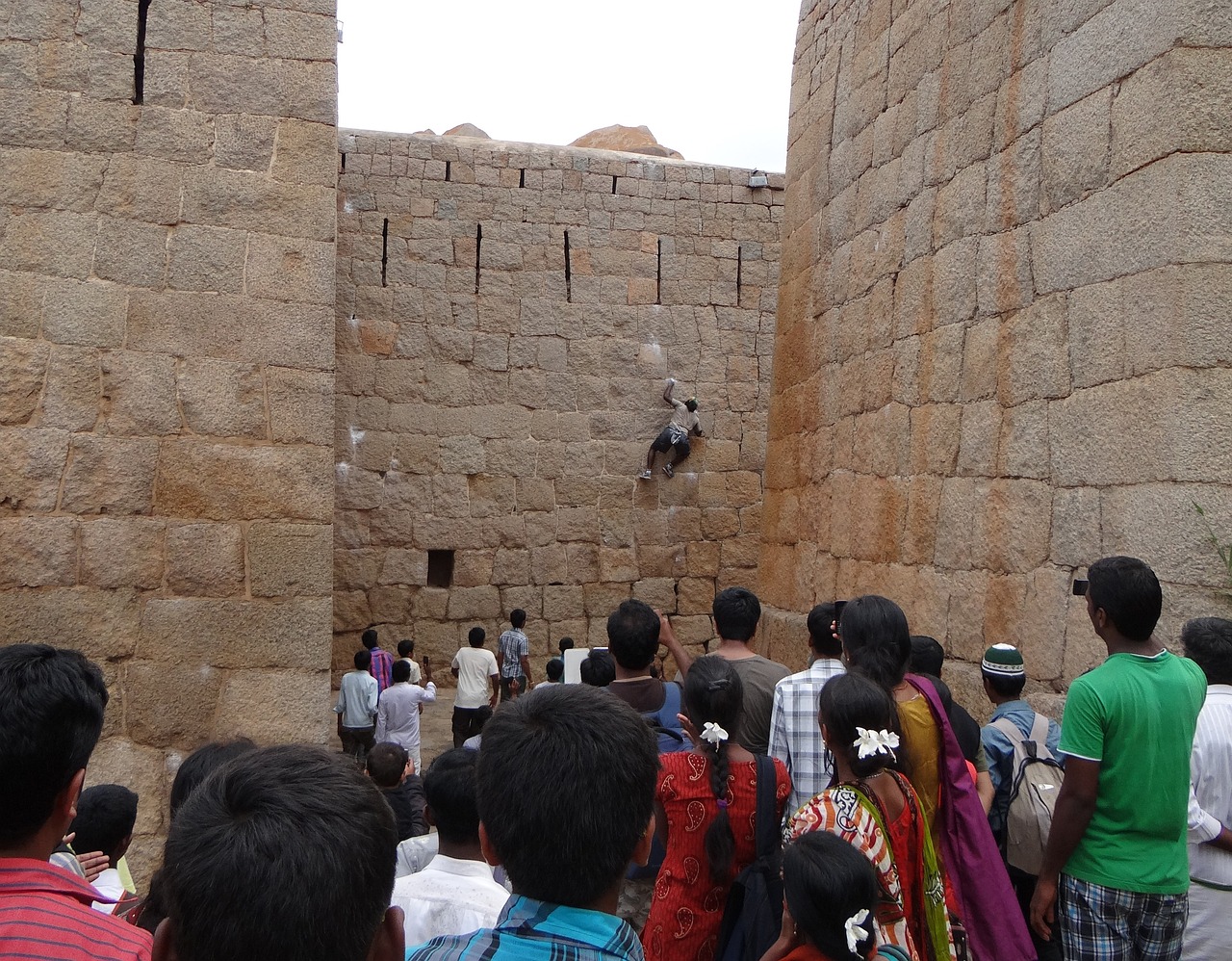Blockchain Technology and Secure Voting Systems: 11xplay .com, Diamondexch999 sign up, Skyexchange
11xplay .com, diamondexch999 sign up, skyexchange: Blockchain Technology and Secure Voting Systems
In recent years, there has been a growing interest in using blockchain technology to enhance the security and transparency of voting systems. Blockchain, the technology that underpins cryptocurrencies like Bitcoin, offers a decentralized and tamper-resistant way to record and verify transactions. This makes it an ideal candidate for improving the integrity of voting processes.
How does blockchain technology work in voting systems?
Blockchain technology allows for the creation of a transparent and immutable ledger of transactions. In the context of voting systems, each vote is recorded as a transaction on the blockchain. Once a vote is cast, it is cryptographically secured and added to the blockchain, where it cannot be altered or deleted.
The decentralized nature of blockchain means that there is no central authority controlling the voting process. This eliminates the risk of manipulation or fraud by a single entity. Furthermore, the transparency of the blockchain allows voters to verify that their votes have been recorded accurately.
Benefits of using blockchain in voting systems
1. Security: Blockchain technology provides a high level of security for voting systems. The decentralized and tamper-resistant nature of the blockchain ensures that votes are recorded accurately and cannot be altered or tampered with.
2. Transparency: The transparency of the blockchain allows voters to verify that their votes have been counted correctly. This increases trust in the voting process and helps to prevent fraud.
3. Accessibility: Blockchain technology can make voting more accessible by allowing voters to cast their ballots remotely using secure online platforms. This can help to increase voter turnout and make the voting process more convenient for all.
4. Efficiency: Blockchain technology can streamline the voting process by automating the counting and verification of votes. This can reduce the time and resources required to conduct elections, making the process more efficient and cost-effective.
Challenges and considerations
While blockchain technology offers many benefits for voting systems, there are also challenges and considerations to take into account. These include:
1. Scalability: As blockchain technology becomes more widely adopted for voting systems, there may be challenges in scaling the technology to accommodate a large number of voters and transactions.
2. Privacy: While blockchain technology provides a secure way to record and verify votes, there are concerns about the privacy of voters’ personal information. It is important to ensure that voter data is protected and anonymized to prevent any breaches of privacy.
3. Adoption: Implementing blockchain technology for voting systems requires buy-in from government stakeholders, election officials, and the public. Education and awareness-raising efforts are needed to promote the benefits of blockchain and address any concerns or misconceptions.
FAQs
1. Can blockchain technology be hacked?
No, the decentralized and tamper-resistant nature of blockchain technology makes it extremely difficult to hack.
2. How can voters verify their votes on the blockchain?
Voters can use a unique identifier or code to track their votes on the blockchain and ensure they have been recorded accurately.
3. Is blockchain technology cost-effective for voting systems?
While there may be upfront costs associated with implementing blockchain technology, it can ultimately reduce the cost of conducting elections by streamlining the voting process.
In conclusion, blockchain technology has the potential to revolutionize voting systems by enhancing security, transparency, and accessibility. While there are challenges to overcome, the benefits of using blockchain for voting far outweigh the drawbacks. As technology continues to evolve, blockchain is likely to play an increasingly important role in ensuring the integrity of democratic processes around the world.







